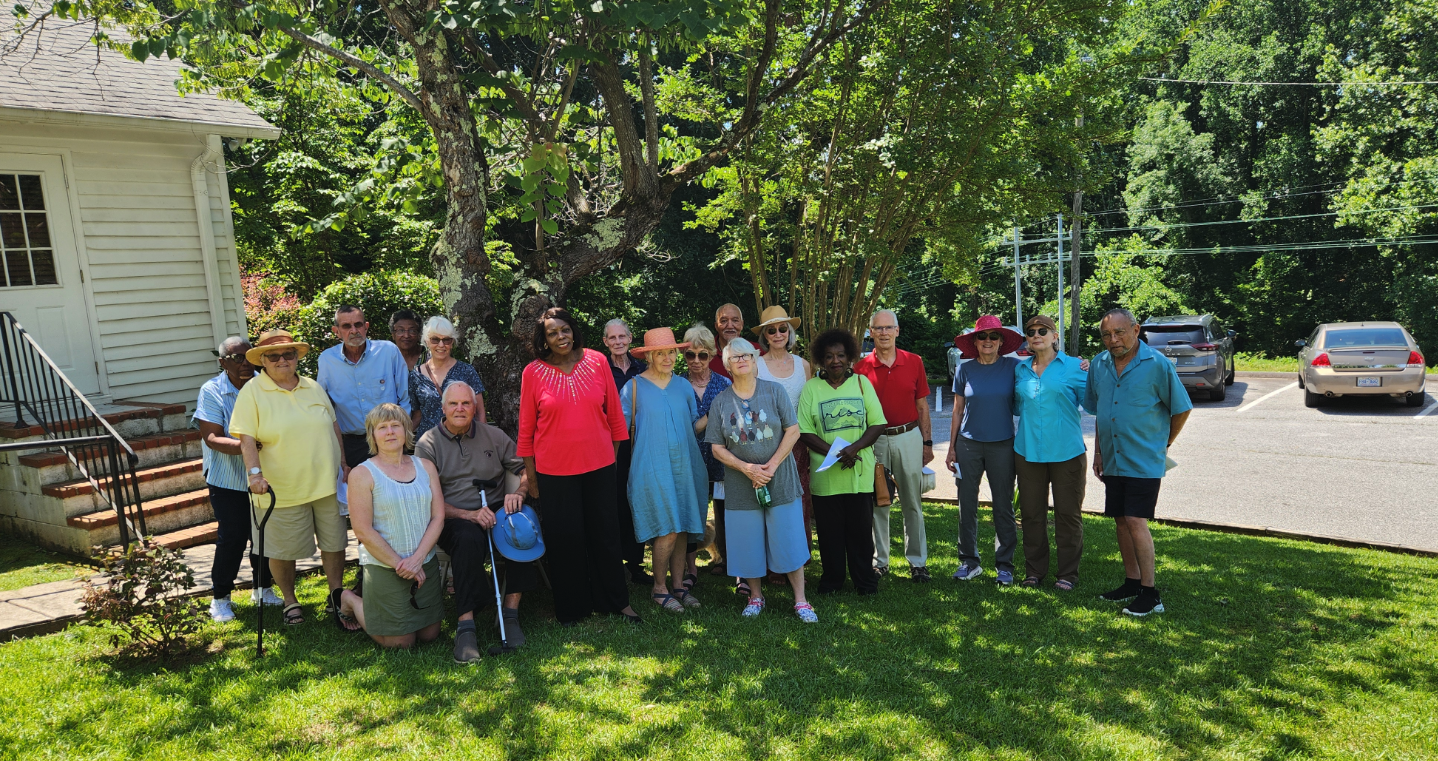Red Cross urges community to prepare for weekend’s forecasted winter weather
Published 8:00 am Friday, December 7, 2018
With accumulating snow in the forecast for the weekend, the Red Cross reminds residents in western North Carolina to get prepared.
“It’s important folks start to pay close attention to their local news outlets and monitor impending winter weather. Preparedness is key to staying safe during a storm,” said Angela Powley, regional CEO of the Greater Carolinas Region of the Red Cross.
Each year, hundreds of Americans are injured or killed by exposure to cold, vehicle accidents on wintry roads, and fires caused by the improper use of heaters. Stay safe by following key tips:
Before a winter storm
• Listen to local radio, NOAA radio or TV stations for the latest information and updates.
• Check emergency kits and replenish any items missing or in short supply, especially medications and medical supplies.
• Be sure to have ample heating fuel.
• Those with alternative heating sources, such as fireplaces, wood- or coal-burning stoves, or space heaters, should be sure they are clean and in working order.
• Check that fire extinguishers are in good working order, and replace them if necessary.
• Bring companion animals inside, and ensure that horses and livestock have blankets, if appropriate, and unimpeded access to shelter, food and non-frozen water.
• Download the Emergency App for iPhone or for Android.
How to prevent frozen pipes
• Keep garage doors closed if there are water supply lines in the garage.
• Open kitchen and bathroom cabinet doors to allow warmer air to circulate around the plumbing. Be sure to move any harmful cleaners and household chemicals up out of the reach of children.
• When the weather is very cold outside, let the cold water drip from the faucet served by exposed pipes. Running water through the pipe — even at a trickle — helps prevent pipes from freezing.
• Keep the thermostat set to the same temperature both during the day and at night. By temporarily suspending the use of lower nighttime temperatures, one may incur a higher heating bill, but it can prevent a more costly repair job if pipes freeze and burst.
• If going away during cold weather, leave the heat on in the home, set to a temperature no lower than 55.
During a storm
• Stay indoors and wear warm clothes. Layers of loose-fitting, lightweight, warm clothing will keep one warmer than a bulky sweater. Those who feel too warm can remove layers to avoid sweating; those who feel chilled can add layers.
• Eat regularly. Food provides the body with energy for producing its own heat.
• Keep the body replenished with fluids to prevent dehydration. Drink liquids such as warm broth or juice. Avoid caffeine and alcohol. Caffeine, a stimulant, accelerates the symptoms of hypothermia. Alcohol is a depressant and hastens the effects of cold on the body. Alcohol also slows circulation and can make one less aware of the effects of cold. Both caffeine and alcohol can cause dehydration.
• Conserve fuel. Winter storms can last for several days, placing great demand on electric, gas and other fuel distribution systems (fuel oil, propane, etc.). Lower the thermostat to 65 during the day and to 55 at night. Close off unused rooms, and stuff towels or rags in cracks under the doors. Cover the windows at night.
• Check on relatives, neighbors and friends, particularly if they are elderly or if they live alone.
• Space heaters should be placed on a level, hard and nonflammable surface in the home, and kept away from potential sources of fuel like paper, clothing, bedding, curtains or rugs.
• Portable heaters and fireplaces should never be left unattended. Turn off space heaters and make sure any embers in the fireplace are extinguished before going to bed or leaving home.
Staying safe outside
Those who must go outside can protect themselves from winter storm hazards:
• Wear layered clothing, mittens or gloves, and a hat. Outer garments should be tightly woven and water repellent. Mittens or gloves and a hat will prevent the loss of body heat.
• Cover mouths to protect lungs from cold air. Avoid taking deep breaths and minimize talking.
• Watch for signs of hypothermia and frostbite.
• Keep dry. Change wet clothing frequently to prevent a loss of body heat. Wet clothing loses much of its insulating value and transmits heat rapidly away from the body.
• Stretch before going out. Before shoveling snow, do a few stretching exercises to warm up the body. This will reduce chances of muscle injury.
• Avoid overexertion, such as shoveling heavy snow, pushing a vehicle or walking in deep snow. The strain from the cold and the hard labor may cause a heart attack. Sweating could lead to a chill and hypothermia.
• Walk carefully on snowy, icy sidewalks.
Driving in winter conditions
• Check vehicle emergency supplies kits and replenish it if necessary. Bring enough of the following for each person:
• Blankets or sleeping bags
• Rain gear, extra sets of dry clothing, mittens, socks and wool hats
• Newspapers for insulation
• Plastic bags for sanitation
• Canned fruit, nuts and high energy snacks (Include a nonelectric can opener if necessary)
• Warm broth in a thermos and several bottles of water
• Keep a cell phone or two-way radio. Make sure the battery is charged.
• Plan to travel during daylight and, if possible, take at least one other person along for the trip.
• Drivers should let someone else know their destination, their route and when they expect to arrive. If their vehicle gets stuck along the way, help can be sent along their predetermined route.
• Before leaving, drivers should listen to weather reports for their area and the areas they will be passing through, or call the state highway patrol for the latest road conditions.
– Submitted article





